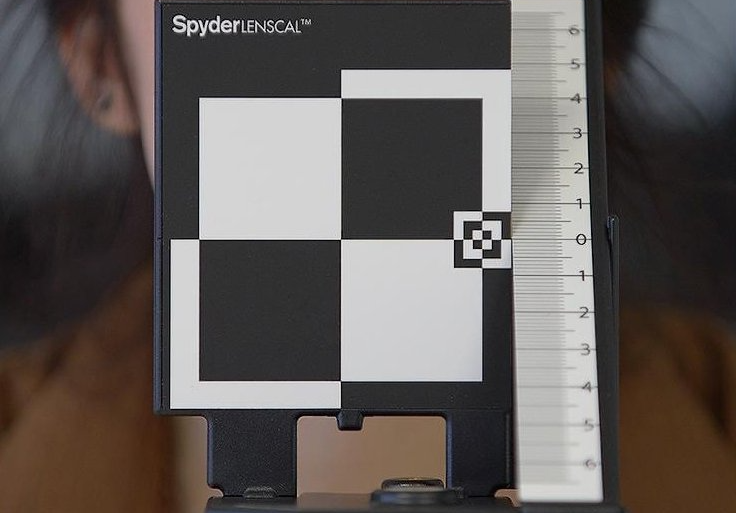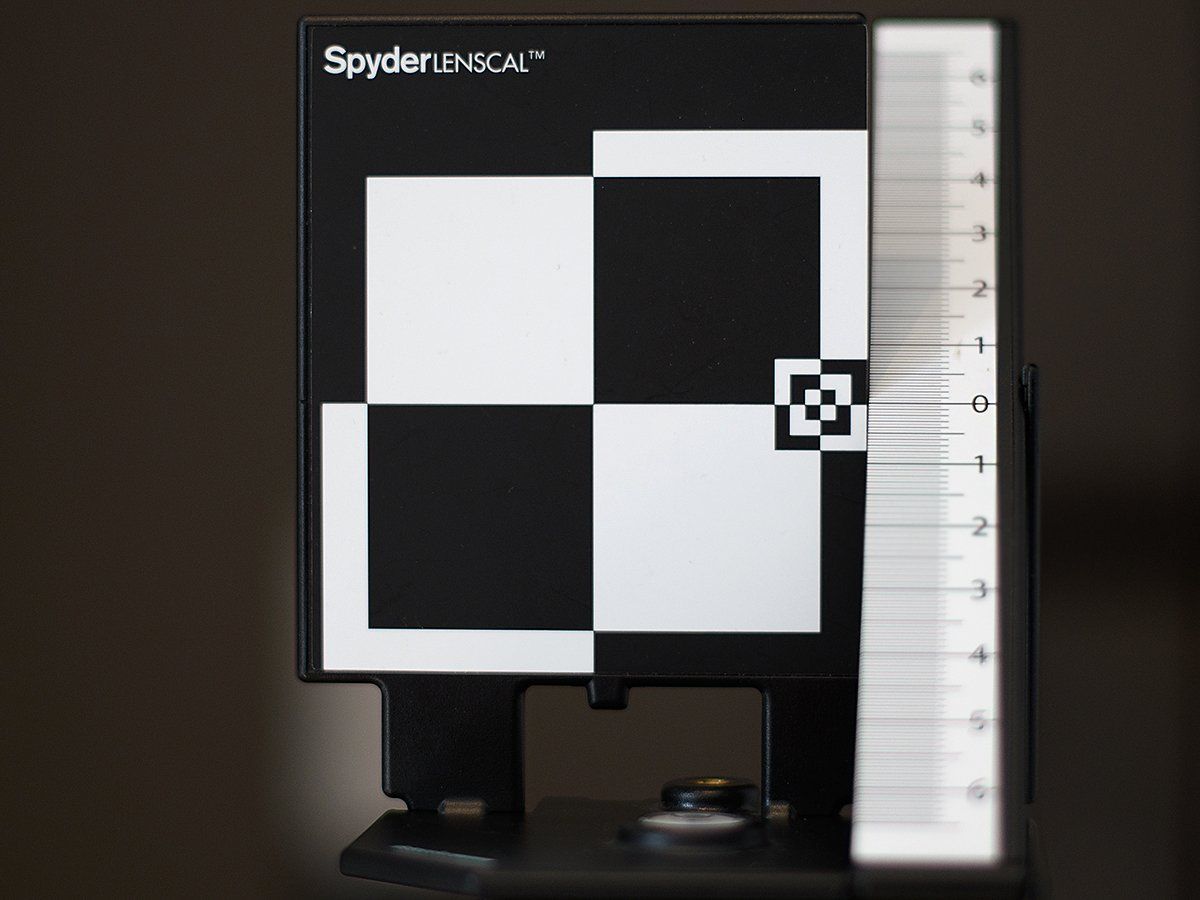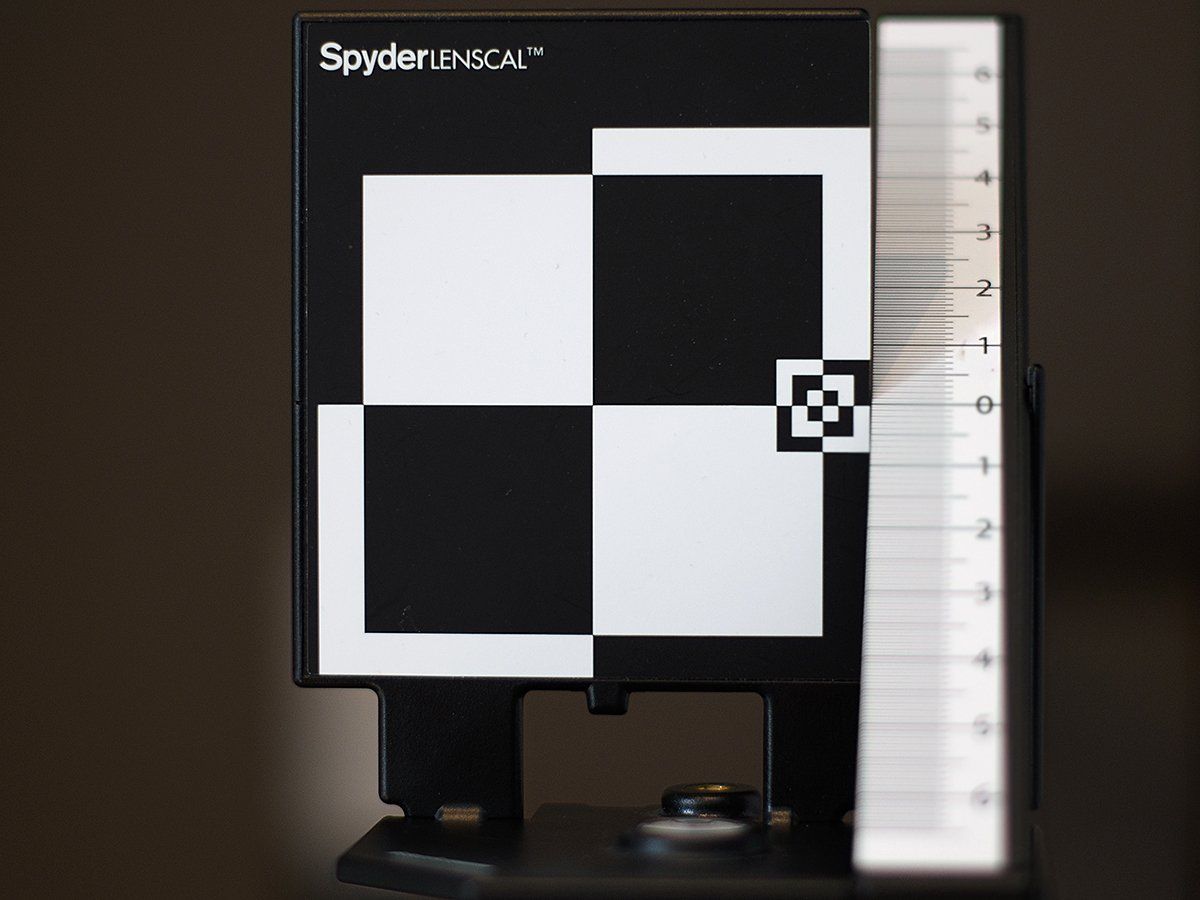
The importance of calibrating your lenses on a Reflex camera
The main objective of this section is to explain the importance of maintaining your equipment to get the maximum quality from it, especially in terms of sharpness.
The lenses of our cameras are, in a way, the eyes of our photographic system. It is therefore essential to pay particular attention to it. As we maintain our camera bodies by cleaning them occasionally (once a year or as needed depending on the case), the lenses also need to be serviced after a certain period of use. This period may vary depending on use.
With Reflex systems, the device has a second mirror responsible for the focusing system, the focusing is not carried out directly on the sensor (as in the case of mirrorless devices). Wear, the perpetual movement of the gears, the fatigue of the mechanics mean that over time, the focus is no longer as precise (because it is not corrected directly on the sensor).
Lens calibration corrects IMAGE sharpness
Lens calibration allows you to make the necessary corrections to maintain optimal sharpness by recalibrating the lens with the camera's focusing mirror system. In some very rare cases, calibration cannot be carried out because the lens is too worn out.
Calibration is more relevant on fixed lenses with large apertures, calibration is also possible on lenses with variable focal lengths (zoom) but it is necessary to determine the focal length most used at that time. Here are 2 examples of photos that show the difference between an uncalibrated lens vs a lens that has gone through calibration.
The cost for a lens that is calibrated on the body is $50.00. To calibrate a second lens on the same body, the cost is $20.00. Note that the equipment must be left at the store for a period of 24 to 48 hours depending on traffic. It is therefore necessary to allow for this delay. Calibration done well is often the difference between an image that appears sharp and an image that is perfectly sharp.




